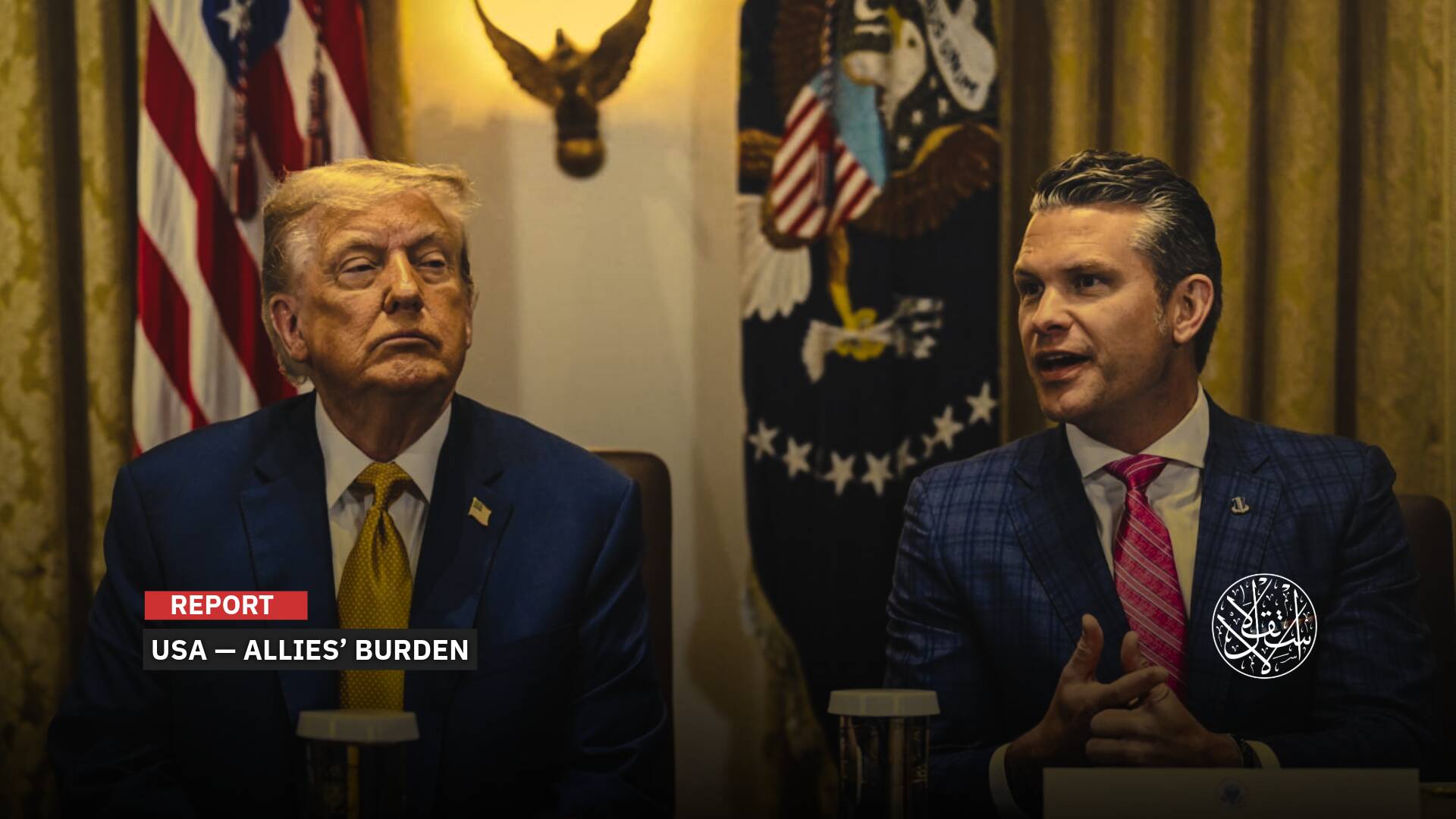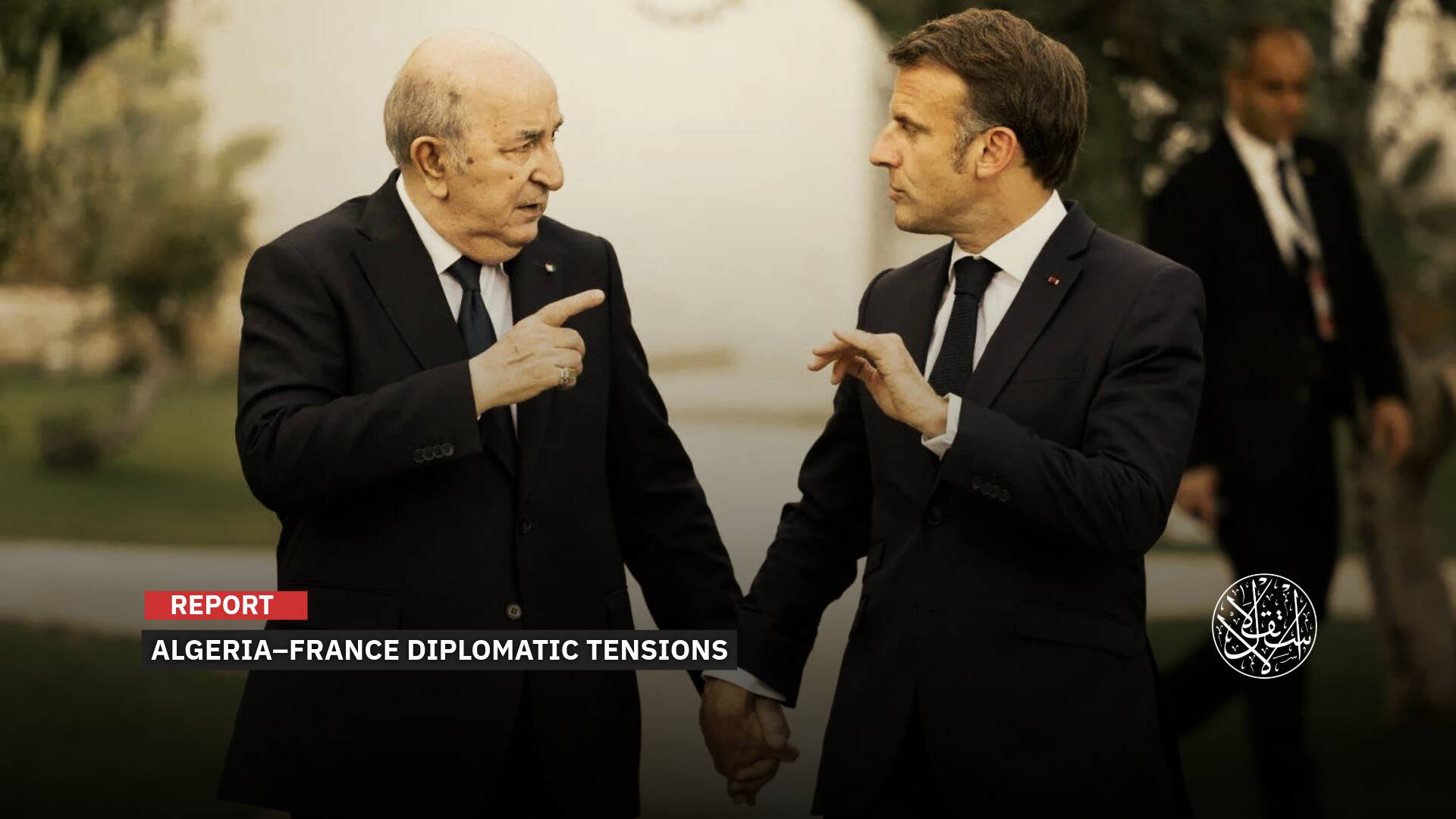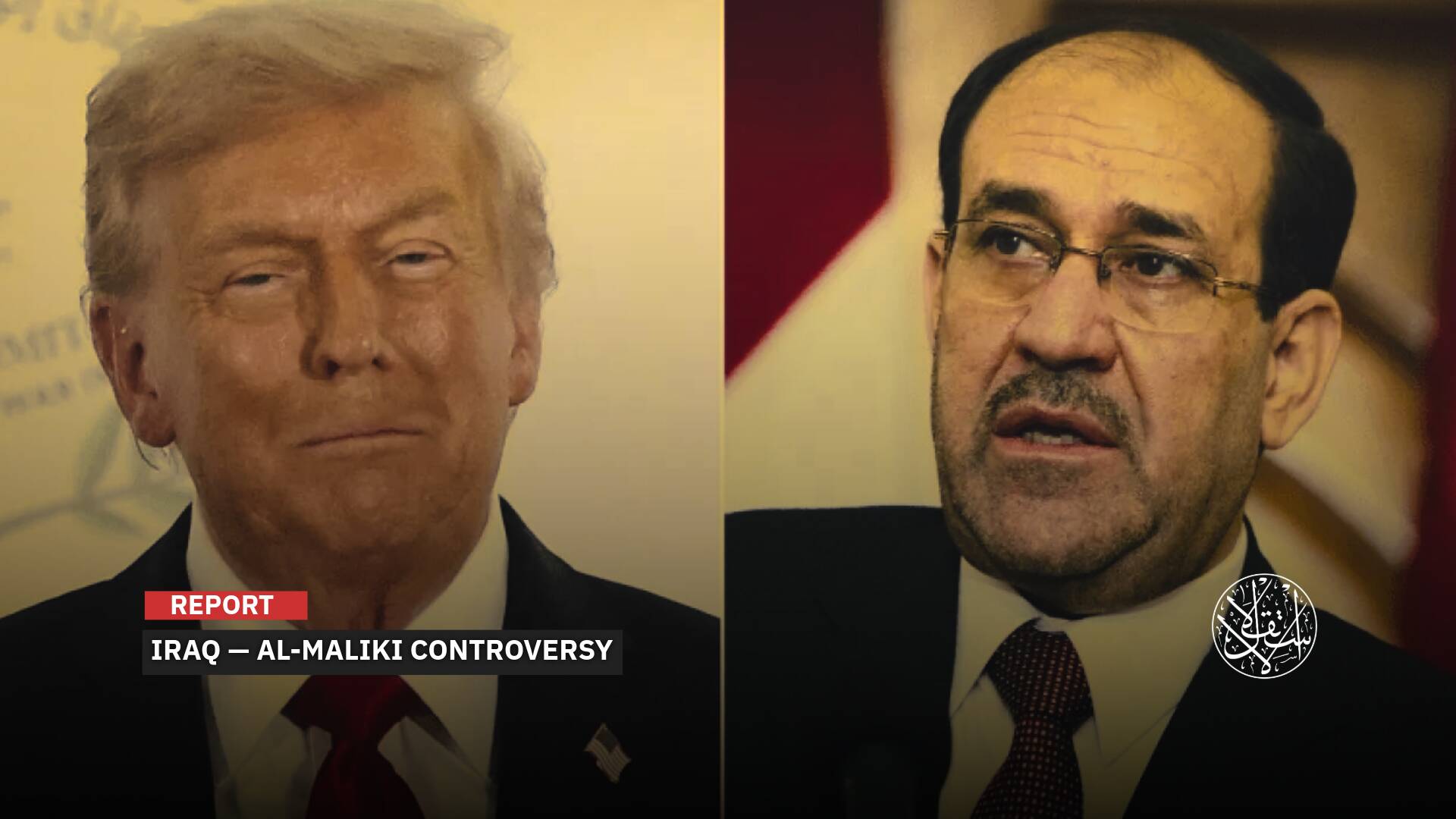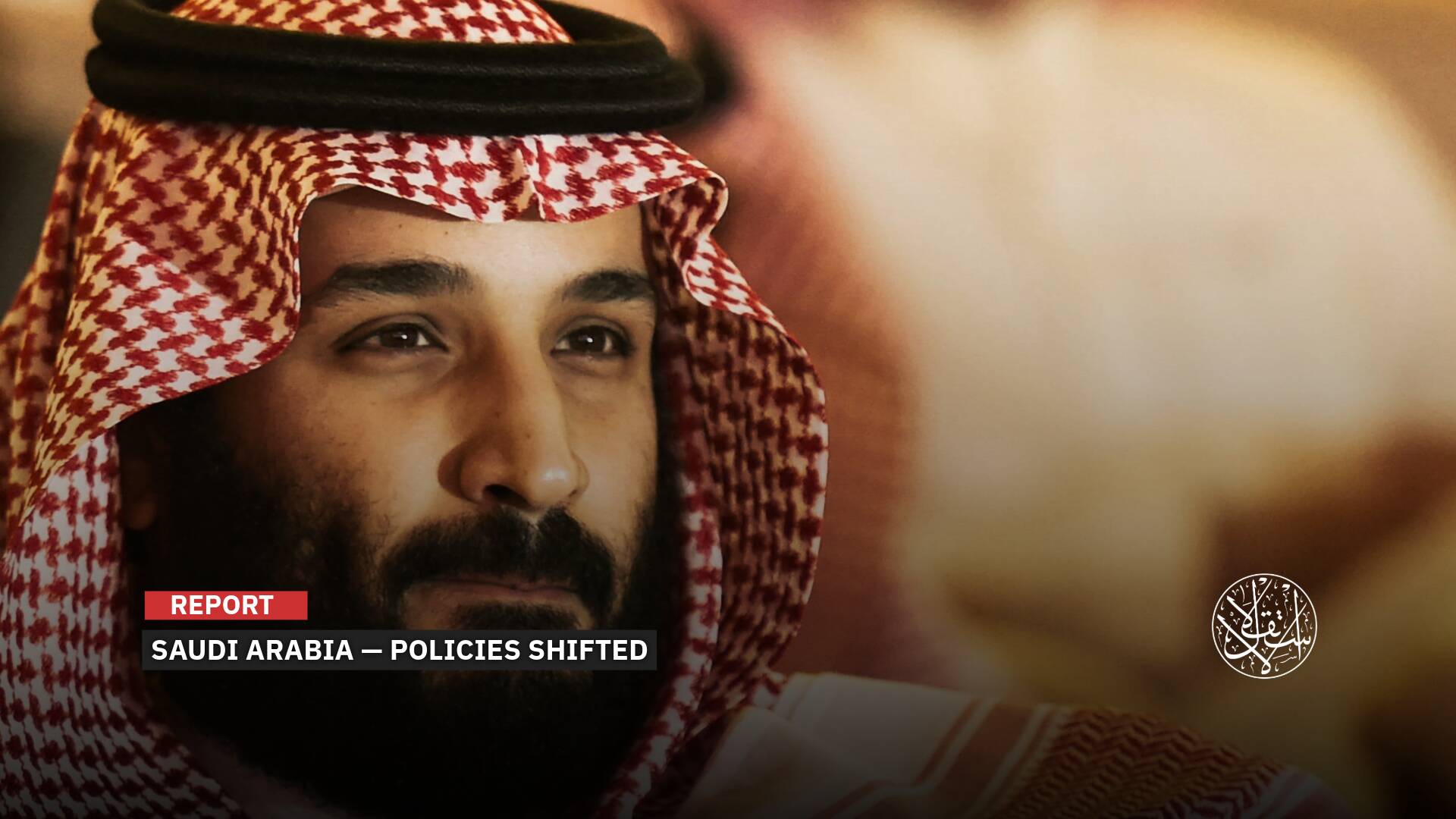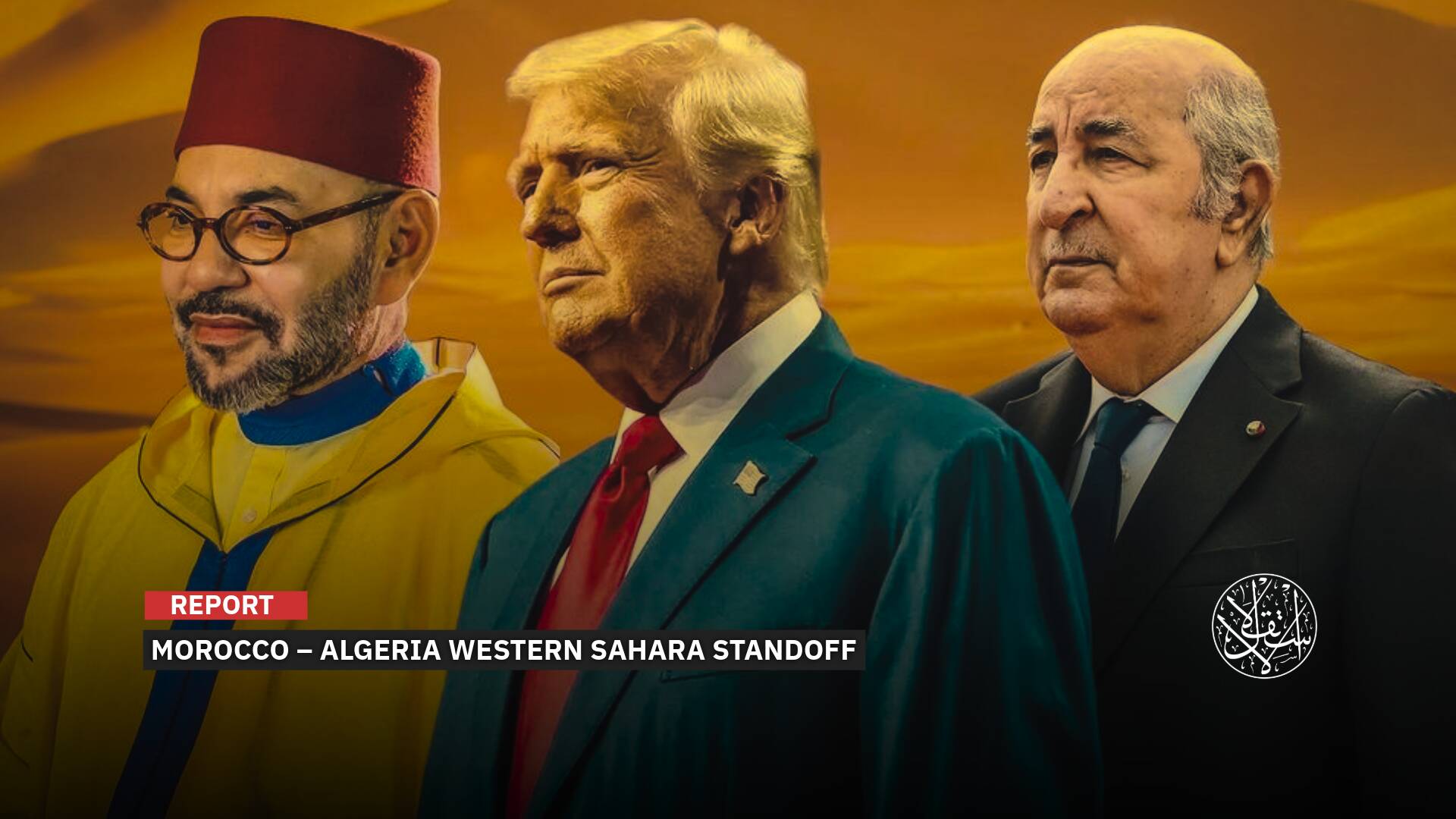From Twitter to Super App: How Elon Musk Is Trying to Make an Unprecedented Penetration

The billionaire Elon Musk, CEO of Twitter, is rushing to reach the dream of transforming the famous social platform into an everything app, similar to the famous Chinese WeChat app, which he has been talking about since the acquisition of Twitter.
Elon Musk wants X to become a peer-to-peer mobile payment platform, like in banks, and also wants his app to include an abundance of services, including transportation, food, and even delivery services.
Musk also dreams that X will reach a market valuation of $250 billion, after losing about $24 billion since its purchase, amounting to more than 50% of the value of the network when he bought it, in addition to raising the number of network users to between 237 million and at least 1 billion users.
According to the Insider website, it is not yet clear what kind of financial services Musk wants to provide through the X app, but a previous report by the Financial Times published last January indicated that Twitter had begun to apply for regulatory licenses in the U.S. that would allow it to provide payments.
It is noteworthy that the dream of everything-app entered the stage of actual implementation after revealing the change of the name of the company that owns the social network from Twitter Inc. to X Corp, which was revealed last April. Then the next step came with the announcement of the completion of a partnership between Twitter with the eToro digital currency and stock trading platform.
On July 24, 2023, Musk unveiled a new logo for the social media platform, in which a white X sign appears on a black background, as an alternative to the usual blue bird symbol, the Twitter logo since 2012.
According to the Independent, there is currently a debate among industry experts about the possibility of Musk’s success in transforming Twitter into a platform where all users can benefit from all its basic services online, although all attempts to do such an app in the West have failed so far.
From Twitter to Super App
Over a long period of time, Elon Musk has expressed his desire to create a single platform that includes everything, social communication, following news, and conducting financial transactions of all kinds. His latest step regarding changing the Twitter logo is in the way of realizing this old dream to transform Twitter into a comprehensive platform.
According to the Outlook India website, the new change in the app attracted a lot of attention from many people interested in the field of tech and apps, while it was criticized by others.
It is noteworthy that since completing the $44 billion acquisition, the world’s richest man has reduced Twitter’s workforce by more than 75%.
Insider website stated that the type of financial services Musk wants to provide through the X app is not yet clear, but previous reports talked about Twitter’s request for regulatory licenses in the U.S. that would allow him to provide payments.
The company will compete in particular with Meta, the owner of Facebook, Instagram, WhatsApp, and Threads, in addition to some new apps that began to compete with Twitter in the same field, such as Mastodon and Bluesky.

The new change on the Twitter platform will see many additions that it did not contain before, from ordering food to making payments on the app to become similar to the WeChat app, which started as a messaging platform, then turned into a super app, where users can access these services.
According to what was published by the American website Vox, Musk cited the Chinese model during his first meeting with Twitter employees.
He said that it would be a great success for the app if he revived this app. The only difference between the American and Chinese apps is that Musk aspires to circulate his app all over the world, unlike the Chinese limited inside China only.
Musk’s choice of the new logo does not come out of nowhere, as the former richest man in the world is remarkably fond of the letter X, so much so that he named his 2020-born son “X Æ A-12” and nicknamed him X for short.
According to a report by the Daily Mail, Musk has been obsessed with the letter X for more than a quarter of a century.
The letter X stands for the unknown in mathematics, and at the same time, Musk is known for his constant fondness for discovering the unknown, such as his love for exploring Mars and the brain chip project that can be implanted inside the human brain.
Musk had announced, weeks before the completion of the Twitter acquisition deal last year, that the purchase of Twitter would accelerate his steps towards achieving his ambition to make an everything app called X within a period ranging from 3 to 5 years.
Buying Twitter is an accelerant to creating X, the everything app
— Elon Musk (@elonmusk) October 4, 2022
Real Concerns
Elon Musk views the change as a comprehensive restructuring of the brand itself, with the aim of keeping the specter of bankruptcy away from Twitter, especially after the enormous pressure caused by Mark Zuckerberg’s launch of the Threads app (similar to Twitter), to which 100 million followers joined in the first week of its launch.
But Musk is famous for his creative ideas, and achieved great successes in the space company SpaceX, then the Tesla electric car company, whose first model was also named X.
Musk’s new task on the X platform (formerly Twitter) may not be as easy as he expects or hopes, according to a CNN report that highlights that the success Musk achieves through the very large spread of his tweets on Twitter is not necessarily an indication of the success of all his ideas.
Musk’s tweets that express his personal thoughts arouse great interaction, but they are characterized by strangeness, out of the ordinary, and the promotion of conspiracy theories, and such a combination may not be appropriate for the type of comprehensive platform that he dreams of turning into a strong competitor to WeChat.
In addition, what he did on Twitter, since he entered the company’s headquarters with a wash basin, laid off more than half of the company’s employees, and forced the holders of authentication marks to pay monthly fees, has forced many celebrities and influencers to leave Twitter. All of which are factors that prompted advertisers to stop their ads on Twitter, which led to a decrease in revenues by more than half.
The issue of legal concerns related to privacy, data storage, and misuse, which has become a preoccupation among legislators, decision-makers, and jurists on the one hand, and executives of tech companies on the other hand, also arises before Musk.
There are real concerns that refocusing apps into a super app will lead to more personal data exploitation and thus further erosion of privacy than before.
It is noteworthy that before buying Twitter, Elon Musk was the richest man in the world, but since he was forced to complete the deal last October, he lost a large part of his wealth, which led to him losing the top spot of the world’s richest list.
As Musk’s net worth fell below $200 billion, he entered the current year with a fortune of only $137 million, to be the first person in the world to lose more than half of his fortune in a few weeks.
But he quickly regained a large part of what he lost, bringing his net worth to $240.7 billion on July 28, 2023, according to Forbes.

Numerous Models
In general, super apps are very popular in Asia in particular, although they are starting to seep into other regions such as Latin America and Africa, while these apps do not have a presence or popularity yet in North America and Europe.
Here comes Musk’s vision, as it is clear that the richest man in the world is trying to lead the locomotive of change in this regard and bring the Asian model to the Western market through comprehensive and superior digital platforms at the same time by converting Twitter into X.
In many regions of the world, users may not have heard of the term super apps, let alone use them. In the U.S. in particular, this term began to gain momentum after Elon Musk recently repeated it on several occasions.
According to Reuters, the Chinese super app WeChat, which Elon Musk likes and wants to transform Twitter into something like it, has more than 1.26 billion users, and its users can call a car or taxi, send money to friends and family, or pay in stores. The app is so important that some Chinese city authorities resorted to it in 2018 as it represents a digital identity for users.
Over time, the success of WeChat has inspired other apps to follow suit in many parts of the world. For example, Grab app, which started as a ride-hailing app and turned into everything, is popular in Southeast Asia.
In addition to the Gojek app for the delivery service, we also find in Africa the M-Pesa app and the Temtem app, and in Latin America, for example, the Rappi app, and we should not forget that even in China, many apps began to follow the same supermodel as the company Alibaba when it introduced the AliPay service.

The United States, along with Europe and Canada, has shown reluctance to this model of super digital apps, at least so far.
For instance, Facebook dedicated considerable resources to a project called Libra, which aimed to revolutionize cross-border payments. However, due to regulatory scrutiny, the project had to be abandoned.
Similarly, Google had plans for a digital financial offering and even secured 11 banking partners for the launch, but the entire plan was unexpectedly scrapped.
Amazon.com Inc. also explored the possibility of providing checking accounts to consumers, but ultimately, the project did not materialize.
Snap Inc., the parent company of Snapchat, used to offer a peer-to-peer payment service called Snapcash, but canceled it in 2018.
This did not prevent the expansion of some apps in providing other services, such as Uber, which added to the passenger delivery service other services such as food and basic grocery products.
PayPal also launched its version of the super app in September 2021, but it remained limited to the financial and banking side.
Therefore, Elon Musk, although he is not the only person who is considering transforming to super apps, is perhaps the most daring in trying to adopt this model on a large scale.
Sources
- Elon Musk rebrands Twitter as X
- Inside Elon Musk's 25-year history and obsession with the letter X as he prepares to rename and rebrand Twitter
- Twitter Inc. 'No Longer Exists' As Elon Musk Inches Closer To X 'Everything App' Ambitions
- X App: What Is Elon Musk’s Plan To Turn Twitter Into An ‘Everything App’?
- Welcome to X, the wannabe “super app” formerly known as Twitter
- Elon Musk wants everyone to conduct their entire 'financial world' on X as he doubles down on his vision for an 'everything app'




